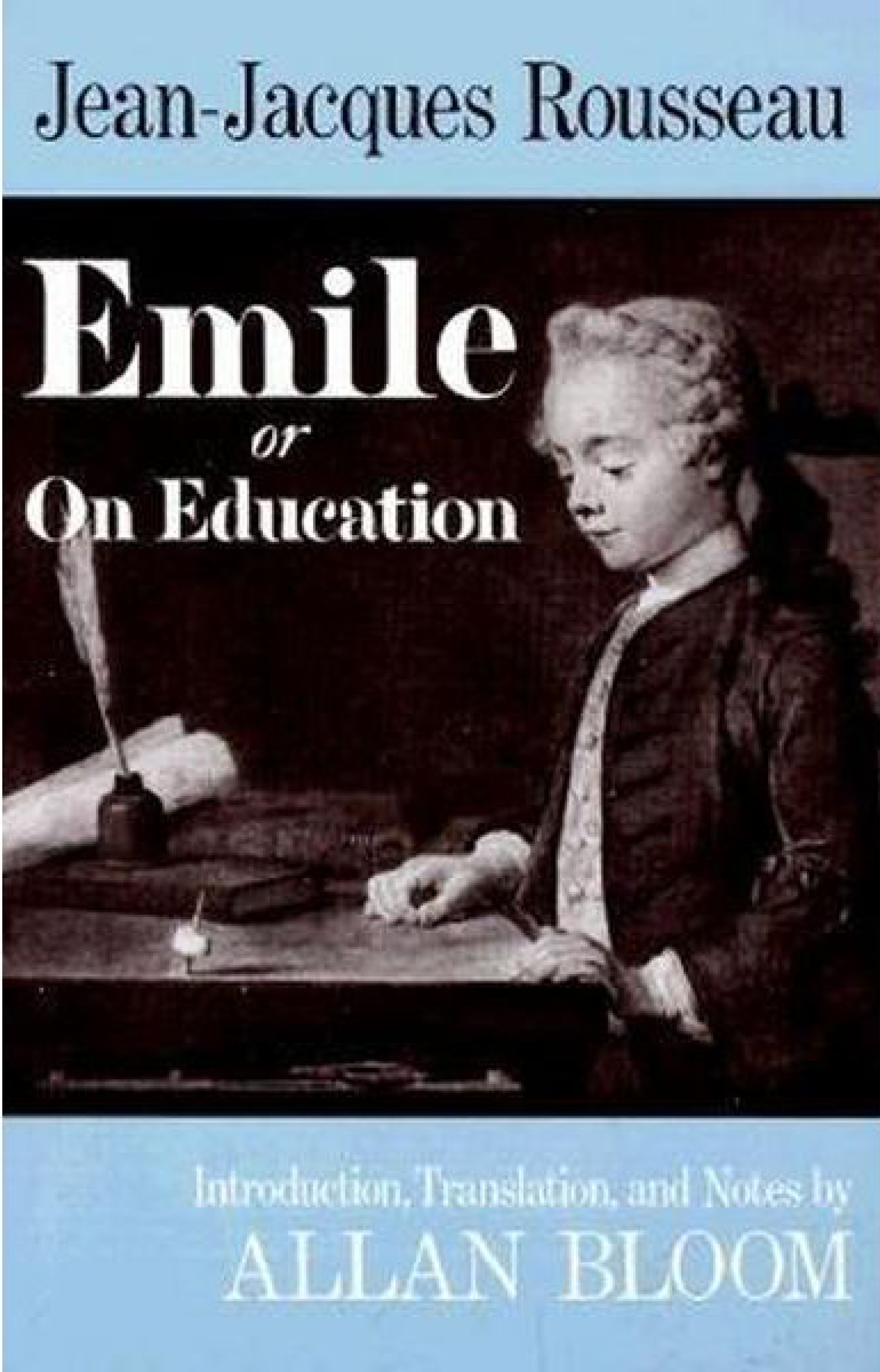

It is all that can be encountered through our physical senses. It is our physical location and our social interactions. The environment is all that surrounds us. This process of comparison opens the door to amour-propre.Įxperience is how we accumulate knowledge from the environment. Rousseau says that we can only love another after a process of judging. Come adolescence the child no longer sees himself as alone. Children show sentiment towards their mothers who feed them and keep them safe, and shy away from those who could possibly cause harm. Up to this time the self-love (amour de soi) of the child is innocent and only concerned with self-preservation. This is why Rousseau begins discussing the passions in Book IV. The “hateful and irascible passions are born of amour-propre” (Reader, pg136).Īmour-propre only arises as a person reaches and starts the journey of adolescence. Amour-propre is the psychology of vanity it makes comparisons of self to others around it. Rousseau refers to this malformation mind-set as amour-propre. If the environment is poisonous it will lead to the malformation of the sentiments and lead to anti-social passions. In a correctly controlled environment the experience of the person will be of transformation into moral, social sentiments. These transformations are responses to the environment and the experiences had in that environment. As a person grows these two original sentiments expand, alter, multiply. Pitie (pity) – the natural abhorrence of seeing another sentient being suffering (White, pg 36). Amor de soi – the concept of self-love, an impulse to save ones own life and 2. Rousseau stands his reflections on the basis that all humans are born with two primitive sentiments: 1. I will conclude that Rousseau significantly added to the canon of our understanding of the development of human social behaviour. I will look at a selection of the major advantages and disadvantages of Rousseau’s model compared to that of Descartes. I will use Descartes to represent those whose theories of the passions focused on an individual rational model.

Rousseau differs from the many before him who have studied the passions. I will then briefly discuss the reasons he took this approach. This paper will describe Rousseau’s starting assumptions and then the method that follows from these foundations. In Book IV of Emile, Rousseau describes his theory of human innateness and what it takes to develop the child into a moral citizen. Rousseau’s ‘Emile’, Book IV :The Passions Home › Philosophical Essays › Rousseau’s ‘Emile’, Book IV :The Passions


 0 kommentar(er)
0 kommentar(er)
